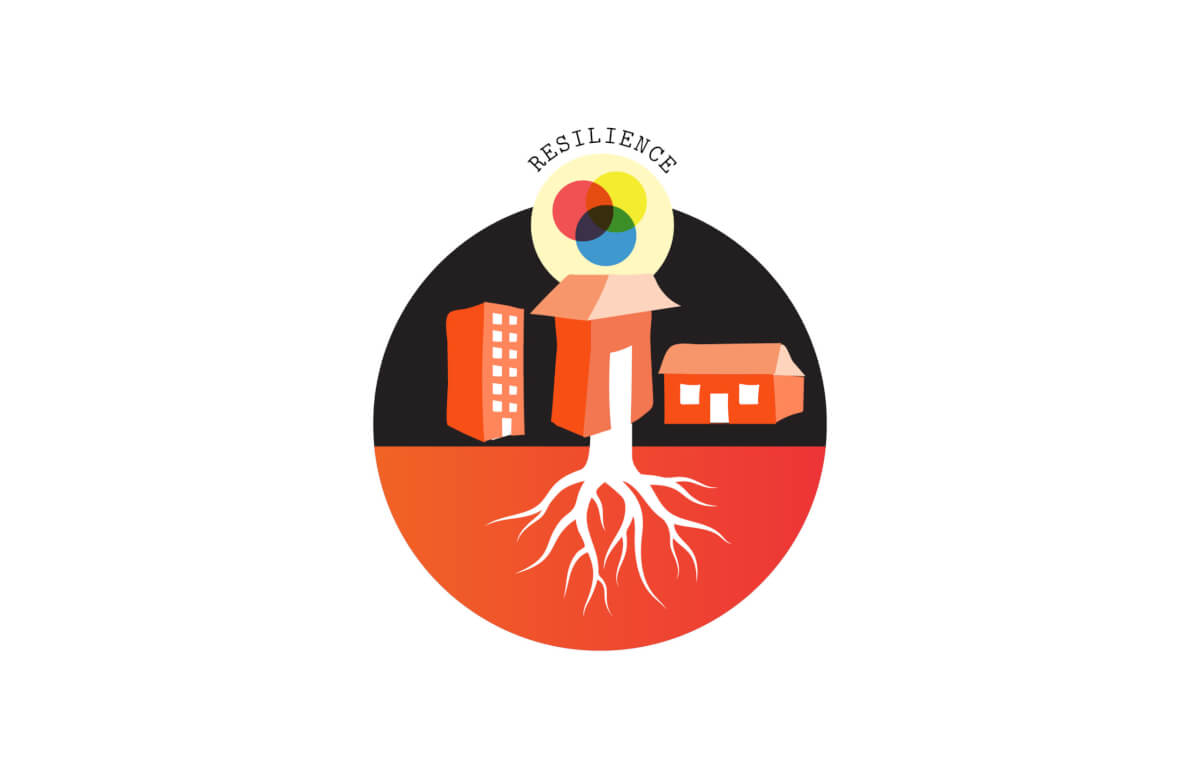As we continue to move through new waves of COVID and other public health emergencies, ongoing climate change, supply chain disruptions, inflation, and a possible recession, business resilience has never been more important. Your business needs to be able to rapidly adapt and respond to these and other disruptions while maintaining business operations and safeguarding people, assets, reputation, and impact in your community. Doing all of this is a tall order in our current environment. That’s why we’re taking some time to share some tips for building business resilience.
Keep Up with the News
With the ongoing political, economic, and climate uncertainty, it’s important to stay up to date on the news. While it’s a lot to take in on any given day, knowing what’s going on will help you understand the environment for your industry, customers, workers, partners, and funders, so you can prepare for any changes that may affect your business.
Cultivate Foresight
Foresight is the ability to predict what may be needed in the future. Having foresight can enable you to take advantage of opportunities and potentially avoid problems that may trap other people. You can cultivate foresight by observing what is happening, identifying trends, and using that information to develop scenarios for how to adapt your business.
Focus on What You Can Influence
In the current environment, there are many things that are beyond your control. And if you place your attention on the things you can’t control, you will likely feel even more stressed and stretched. Make a list of the things that you can have influence over, such as staying organized, maintaining your customer relationships, and supporting your workers. And, let go of the things you can’t influence.
Embrace a Growth Mindset
Your mindset is your way of thinking. Your way of thinking can either empower or limit you in the current environment. If you embrace a growth mindset, you will see these crises as opportunities to rethink how your business does things, develop a more sustainable business model, and build a strong community around your business.
Practice Regular Reflection
Develop a regular practice of taking the time to step back and reflect on what’s working, what’s not working, and opportunities for improvement. If this is a regular practice within your business, you may be able to spot potential shocks to your business sooner and have a quicker response to them.
Reconnect with Purpose
As you think about how your business may need to adapt, it’s important to reconnect with purpose. Ask yourself if these adaptations are aligned with your business’ mission, vision, and values, as well as how your business fits with your personal needs. It’s hard enough to make changes, but even more difficult to make ones that you don’t stand behind.
Design Small Tests
Design small tests of your proposed changes. You can preserve financial and other resources and gain more confidence in your changes by using the lean startup methodology to quickly develop small tests of new business initiatives and measure their results. Then, you can use your learnings to implement the changes on a larger scale.
Develop Systems for Tracking Data
The applications for federal small business relief funds during the pandemic demonstrated the necessity of having solid systems for tracking business data. Business owners who could quickly access data were better positioned to receive the relief funds to stabilize and adapt their businesses. Make sure you set up and regularly maintain systems for tracking marketing, sales, financial, and human resources data.
Document Operating Procedures
With everything else you have to do as a business owner, it may not seem productive to spend your time documenting operating procedures. However, having this documentation continually up-to-date allows you to maintain consistency in operations, easily train new workers, and ensure others can step in and fulfill a job if you are not available.
Remember to Take Time to Rest
Building resilience requires rest. When you and your workers are exhausted, you all lack the cognitive resources to take in information and make good decisions. So, be sure to take the time for you and your workers to get the necessary rest and self-care.

